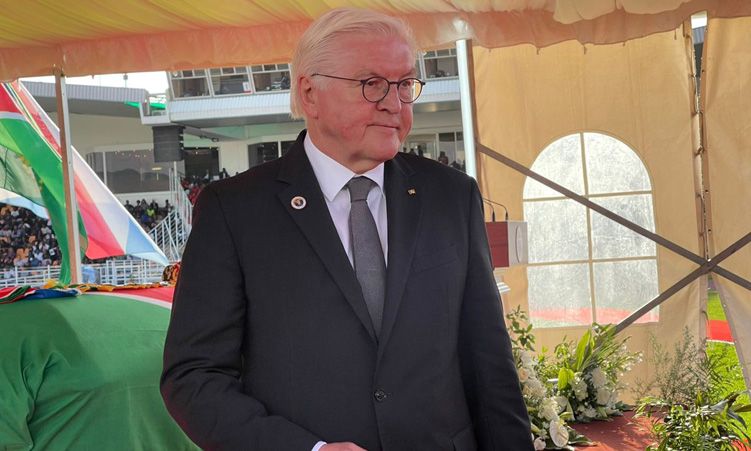The University of Namibia (Unam) is not only the country’s first university, it is our biggest university.
For obvious reasons, it is at the top in terms of the number of graduates produced annually.
The university has undoubtedly made relevant advances and decisions over the years to become what it is today.
However, if there is anything it could improve on, it is the time allowed for students to carry out their professional practices.
Some faculties only allow up to four weeks of professional practices (internships).
In comparison, the Namibian University of Science and Technology (Nust) allocates three to six months for student attachments.
This basically indicates that Unam deems a person with a single month’s experience as ready for the corporate or working world.
In a world where jobs are becoming scarcer by the day, Unam graduates are more likely to struggle to get work because of a lack of experience.
Further, it may seem that Unam values the 80% class attendance more than they value a students’ professional practices.
It is one thing to acquire the necessary knowledge from class, it is a totally different thing to practically apply that knowledge.
Equally important, students are assessed and evaluated at the institutions where they do their internships.
It is honestly not realistic to assess a student, who, in most cases, is working for the first time, in just four weeks.
REALITIES
The evaluation criteria guide sent to these institutions covers many aspects, which supervisors cannot realistically assess students on.
Also, students are expected to explore different aspects of a job based on what they have covered in class.
This places unnecessary pressure on employers and supervisors to try and ensure students explore as much as possible within that one month.
Moreover, when employers advertise internship opportunities, it is normally for three or more months.
As a result, many Unam students miss out on wonderful opportunities because only four weeks are allocated for internships.
They cannot risk applying for these opportunities as they would miss classes and probably not reach the required 80% attendance the university requires.
For someone working for the first time, a month is not even enough for the introductory phase and getting used to the environment.
While it may seem Unam believes four weeks is enough to cover different aspects of a job and evaluate students, it is unrealistic.
This might not have been too much of an issue when jobs were not too scarce, but times are hard now.
In this day and age, it is unlikely any employer would employ someone with only a month’s experience. Practical experience is a necessity.
This could be why some Unam graduates spend months or even years after graduating seeking internships and temporary jobs to gain the experience they could have acquired while students.
Therefore, it is only fair that the university allocates sufficient internship periods.
- Asser Nakale is an assistant archivist in the ministry of education, Oshikoto region. This article is written in his personal capacity; laudikanakale@gmail.com.
Stay informed with The Namibian – your source for credible journalism. Get in-depth reporting and opinions for
only N$85 a month. Invest in journalism, invest in democracy –
Subscribe Now!







